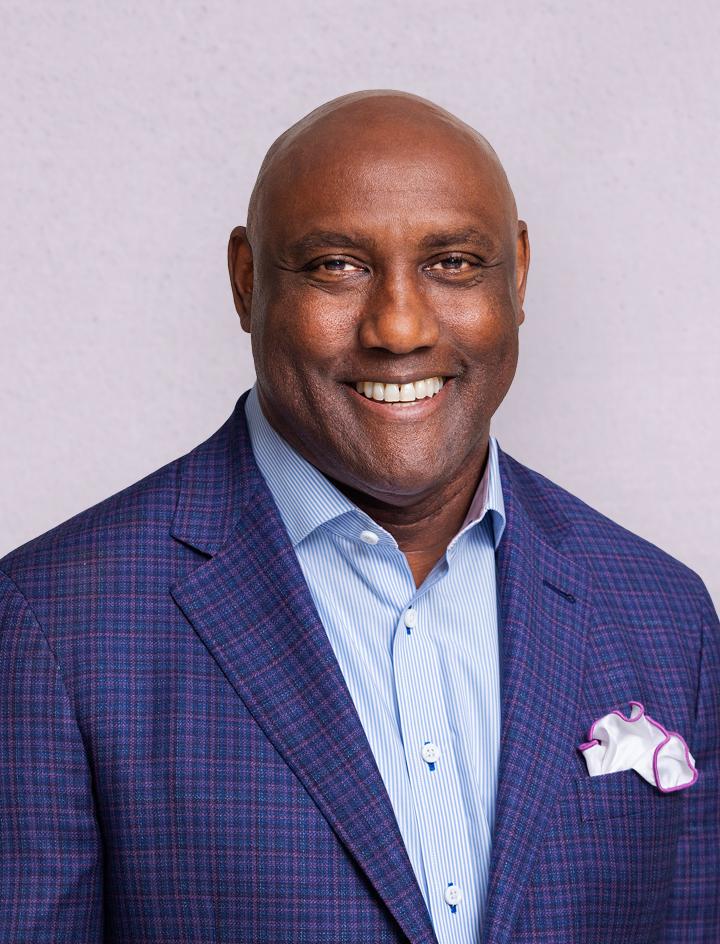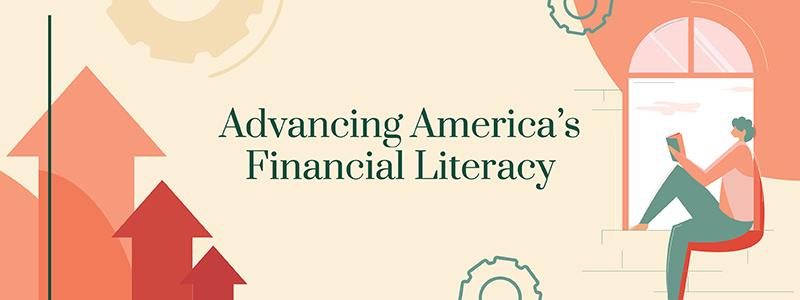Five Critical Considerations to Advance Financial Literacy
Discussing the growing importance of financial literacy.
Author

CAP®
Subscribe to Newsletter
Related Posts
FinServe Network Convenes for 2025 Summit
View DetailsApril 27, 2022
While America may be one of the wealthiest nations on earth, we do not even rank among the top ten of the most financially literate. It has long been recognized that America has a financial literacy problem, significant enough to keep most living paycheck to paycheck, unable to purchase a home, with inadequate retirement savings, and feeling tremendous anxiety.

Like many challenges facing society, a silver bullet solution to remedy America’s lack of financial knowledge doesn’t exist. Instead, a multi-pronged approach deployed on multiple fronts is needed to tackle the issue. As the preeminent leader in applied financial knowledge and education, The American College of Financial Services has always been committed to benefiting the financial well-being of society.
Since 1927, we’ve recognized that knowledgeable professionals best serve the public’s financial security. Today, we also acknowledge that consumers need increased financial knowledge to pursue advanced expertise and the services and products required for financial stability and wealth building.
In 2021, the American College Center for Economic Empowerment and Equality started executing a bold plan to close the wealth gap for all underserved communities, including Black, Hispanic, Asian and those living in rural America. The Center’s progress with Four Steps Forward has been steadfast. We’ve conducted critical research and developed innovative programs, including Know Yourself, Grow Your Wealth, an e-learning consumer financial education and empowerment program distributed in partnership with the Society for Financial Education and Professional Development, Inc. (SFE&PD).
As we continue to progress in our work, I’d like to share five critical considerations to help inform and shape other initiatives focused on increasing the financial well-being of Americans.
1. Economic Well-Being Requires Trust
Improving the financial well-being of underserved communities requires growth in financial knowledge and TRUST. Focusing on increasing financial knowledge without addressing distrust in financial services will only continue the cycle of poor financial engagement, which is necessary for increased financial stability and wealth building.
2. Evidence-Based versus Idea-Based Solution Development
There is no shortage of good ideas formed based on goodwill. Yet, good intentions are not enough to create lasting change. Research must inform solution development, ensuring the development of practical and effective solutions.
Before the financial services industry devises the services and products to connect with new demographics, they must first understand the needs and wants of these communities and where gaps exist.
The Center for Economic Empowerment and Equality released the Black Women, Trust, and Financial Services study in 2021 to inform the financial services industry of what is needed to build an advisory relationship with Black women. Research across The College continues to focus on delivering critical data for evidence-based solution development.
3. Education Rooted in Cultural Relevance and Context
America is a vast tapestry of cultures that shape our unique experiences and perspectives. For financial education to be relevant, it needs to be applied through a cultural lens, valuing the strength in difference and layered in context to bring greater meaning to students. Know Yourself, Grow Your Wealth was developed by applying the culturally specific lens of Black America and layered in context for young earners, those about to embark on their careers, and who want to learn how to make better financial decisions.
4. “That’s Me!” in Financial Services
Have you seen the videos of the young children watching some of the more recent Disney movies, turning to their parents, proclaiming, “That’s me!” Well, “That’s me!” is also needed in financial services. As people grow in financial knowledge and seek additional expertise, they will look to identify with those who best understand their wants, needs, and concerns—those who see the world through the same cultural lens they do. Increased representation in financial services will increase financial stability for all Americans.
5. Casting a Wider Net through Partnership
Your distribution model dictates demand for any new product, service, or solution. In January, Know Yourself Grow Your Wealth, developed in partnership with SFE&PD, launched at over twenty HBCUs with seventy student ambassadors who have completed the program and are actively enrolling participants on college campuses.
Know Yourself Grow Your Wealth continues to attract the interest of corporate sponsors looking to grow in diversity, along with colleges and universities eager for a solution to address the need for increased financial education on their campuses and in their communities. As we continue to develop much-needed consumer financial education programs, partnerships are critical to cast a wider net.
I invite you to learn more about Know Yourself, Grow Your Wealth and look forward to sharing updates as the Center for Economic Empowerment and Equality progresses in its work to increase financial literacy in underserved communities across the country.
Related Posts
FinServe Network Convenes for 2025 Summit
View Details